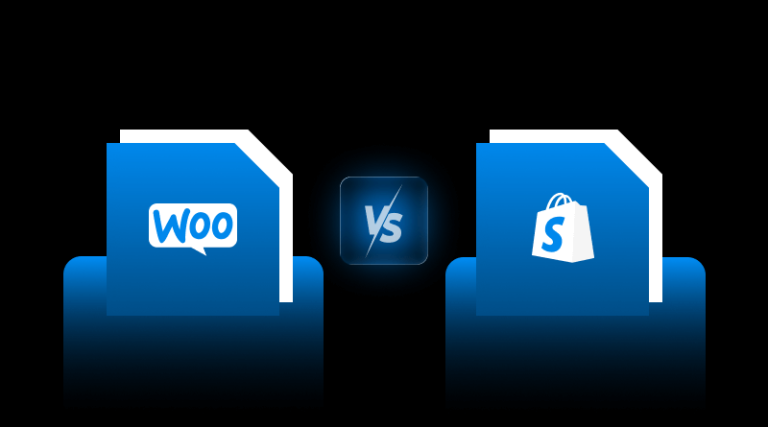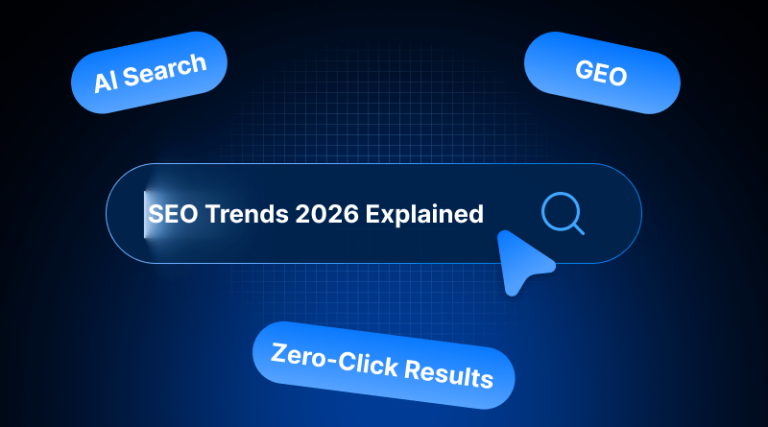Today’s modern business world heavily depends on websites and online presence. So, HTML coding is a conventional method to build a website where you have to change the backend of a website (coding) even for small changes in the portal. If you want to build an online presence through it, choose HTML hosting service for a higher ROI.
Don’t you think it is a time consuming task? Converting static HTML to WordPress will make the management easier.
We know that, generally, websites are built using HTML. But, if you want to manage your website with ease, we recommend you to opt for WordPress. It is one of the leading content management systems (CMS) that powers more than 43.2% of websites on the internet.
WordPress has immense functionalities. With this, you can add or remove content without any programming or coding language. However, the same task in HTML coding turns out to be a daunting task. Therefore, if you are looking to convert HTML to WordPress websites, this guide is for you.
Table Of Content
Why Convert HTML to WordPress Themes?
Talking about WordPress, it’s one of the best CMS platforms as mentioned above. Most of the website developers prefer the same.
Regardless of coding expertise, they can easily build the website and make edits in WordPress build websites. Even a beginner user having no coding knowledge can use WordPress.
Converting HTML websites to WordPress will make the management easier. Still, if you are unfamiliar with WordPress development, hiring a WordPress developer or a professional development service provider is beneficial as it can help to boost your website’s search engine rankings.
So, transfer your static HTML site’s data into a WordPress theme! Below are some amazing ways to convert from HTML to WordPress and how to execute each of them. Keep reading.
Try MilesWeb’s Fastest WordPress Hosting Having Optimized Servers!!
1. Manually Convert HTML to WordPress
The very best technical option is the manual conversion. However, for all of the conversion tasks we don’t recommend following this every time. To make this HTML to WordPress conversion task easier, you have to be well proficient with HTML, CSS, PHP and other computer coding languages. Manual conversion is ideal for those who have coding knowledge and want to convert HTML to WordPress by building a flexible theme.
In this activity, you have to perform measures like copying CSS codes, separate existing HTML codes, Changing the Header.php and Index.php Files for WordPress and many more. So, have relevant technical knowledge for manual conversion.
Related: Tools to Convert Your WordPress Website to HTML
2. Converting HTML to WordPress Through a Child Theme
It is the easiest and a cost-effective conversion method. In this method, you are allowed to use thousands of existing WordPress themes keeping your original design intact. You can do it simply by deploying a child theme and these themes are called child because they are constructed on top of the parent theme.
3. Use A Plugin to Easily Convert
If you are willing to change the look of your website with a complete new design, WordPress plugins will allow you to convert HTML to WordPress websites, even enabling options for a custom HTML to WordPress setup if required. Set up a new website and install a WordPress theme of your choice.
However, ensure that those themes are properly edited. Upload your pages on the same server as your WordPress installation once the plugin is installed and enter the Import Directory followed by other files.
Factors to Consider While a Smooth Conversion
Before you initiate the conversion process, here are some things to consider.
- Hosting services: For every website, you require a web hosting plan to host your website. Whether you’re running a blog or a business website, HTML to WordPress migration will need the right hosting foundation to perform well.
- Code editor: With the help of code editors like Notepad++, Sublime and Atom you can easily tweak your HTML codes.
- Time and money: Invest your time and effort to convert your website with the highest quality conversion. For a quality product you can hire a WordPress developer and convert your crucial websites to get an opportunity to learn and process the conversion with no expense.
The various methods of converting a static HTML site to WordPress have been covered in this article. A quick recap is that WordPress themes can be created from scratch or adapted from existing designs using an HTML to WordPress theme converter. Although it’s a challenging method, if you’re familiar with coding and have some free time, it’s a great option. To make the conversion a lot easier, you can also use plugins, which will import all of your content. It is our hope that this article will ease the process for you.
FAQs
Why should I convert my existing HTML website to WordPress?
If you’re managing a growing website, it’s ideal to convert HTML to WordPress to make your website easy to upgrade, mobile-friendly, and compatible with plugins and themes. Whether you’re running a portfolio, a blog, or a business website, HTML to WordPress migration gives you superior control with less coding.
Is it difficult to convert an HTML website to WordPress?
The process of HTML to WordPress conversion may depend on the setup you choose. You can either use tools to automate parts of the migration or manually create a custom HTML to WordPress theme if your website has a unique design or functionality.
What methods are available for converting HTML to WordPress?
There are mainly three methods: manually creating a custom theme, using an existing WordPress theme and copying your content, or relying on conversion plugins. The first method is ideal for developers; the second is more time-friendly; and the third is best for beginners.
Will converting my HTML site to WordPress affect my SEO?
Yes, it can affect your SEO—but only if the process is done carelessly. WordPress comes with plenty of SEO advantages like better structure, mobile-friendly designs, and useful plugins. The key is to keep your existing URL structure and metadata intact when switching from static HTML to WordPress.














